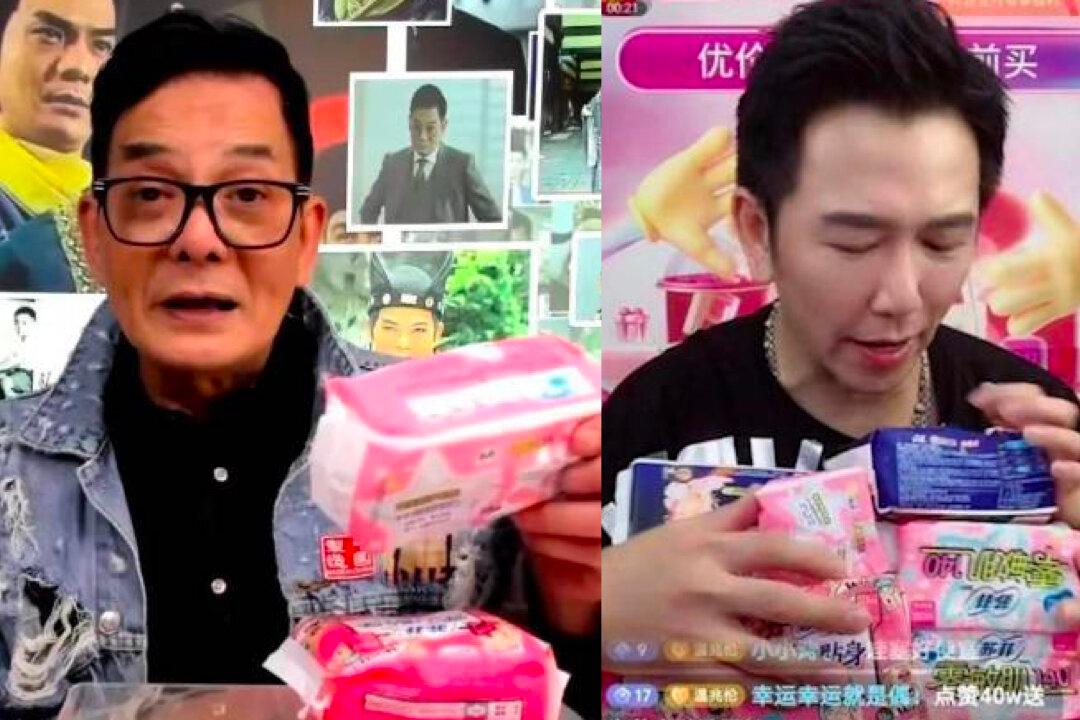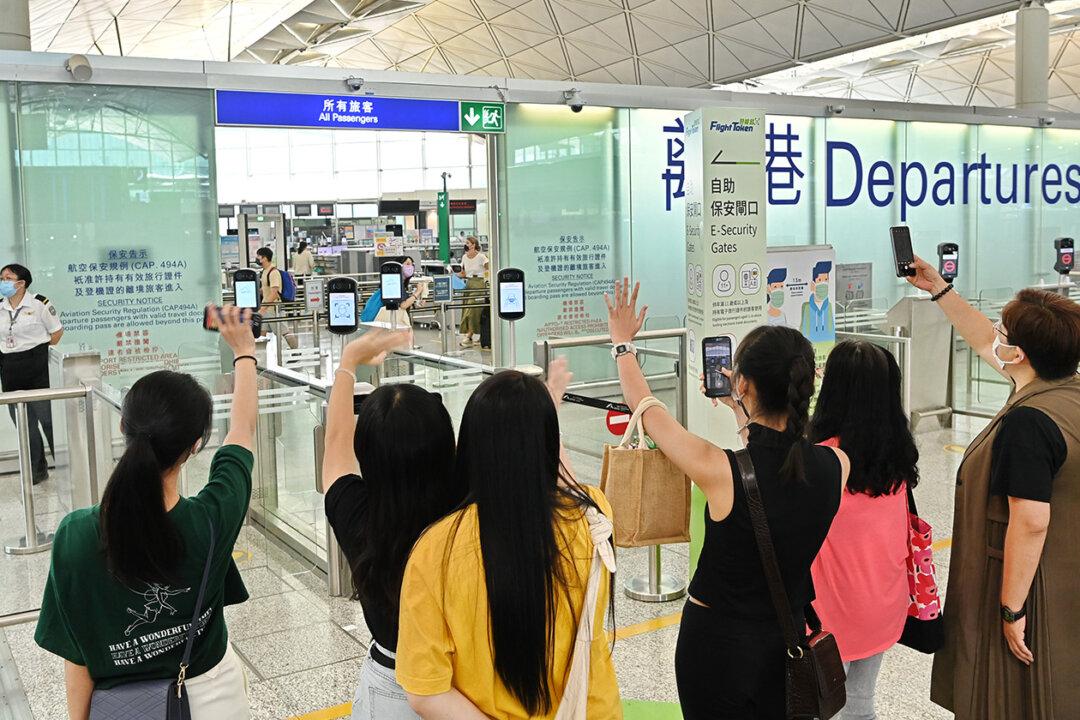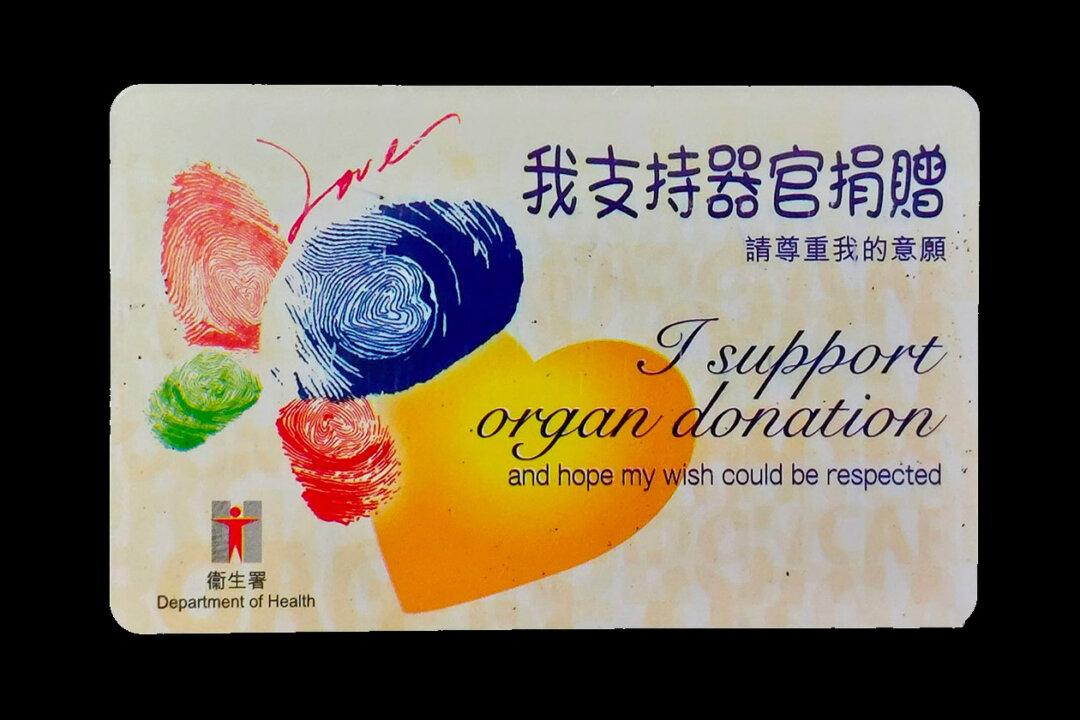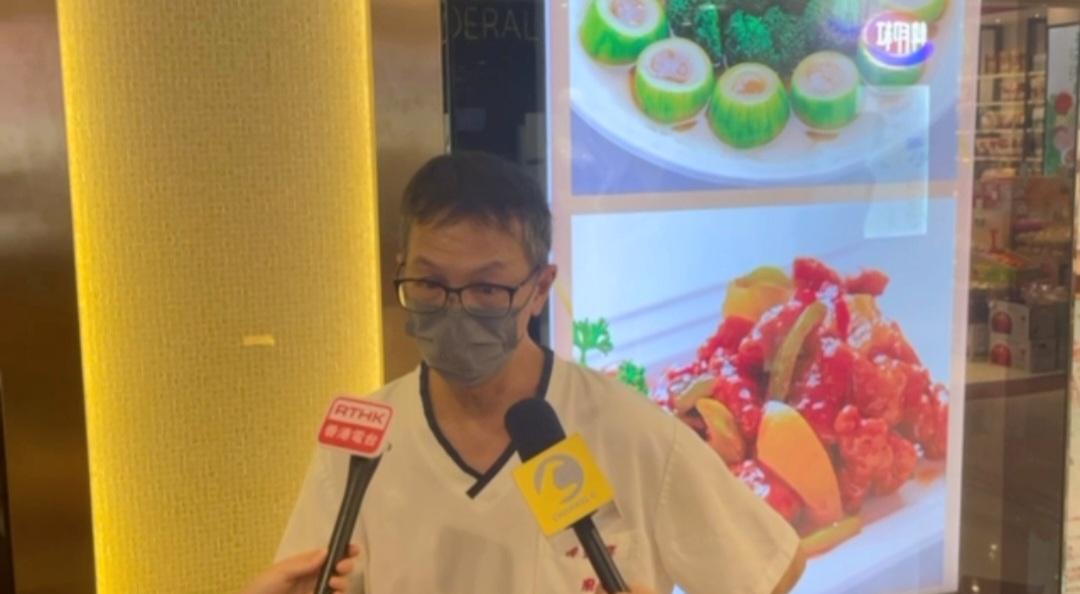In recent years, there has been an increasing number of Hong Kong artists going to mainland China to appear in “live chat cum selling products” shows, where they try to sell their products during live broadcasts. However, the on-stage behaviour of some of these artists often arouses heated discussions on the Internet in Hong Kong.
For example, Joseph Lee Kwok-lun had been called a “lousy product-selling actor” because of his low sales volume and was also accused of selling fake products. To add to this insult, he even sold feminine hygiene products on the show. It is not uncommon to find some artists overeat and sell goods with hilarious exaggeration.




